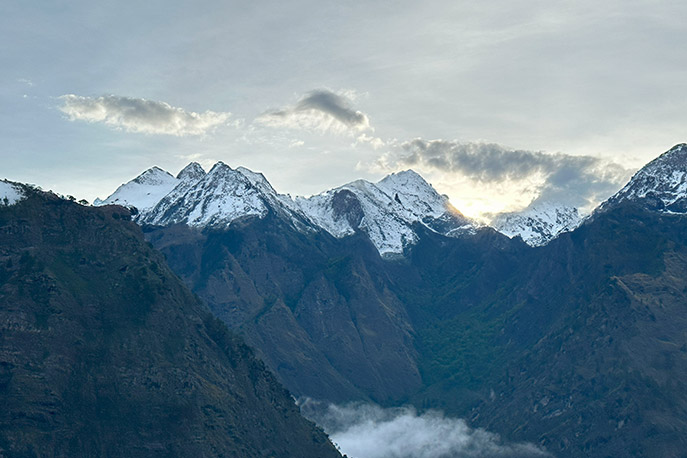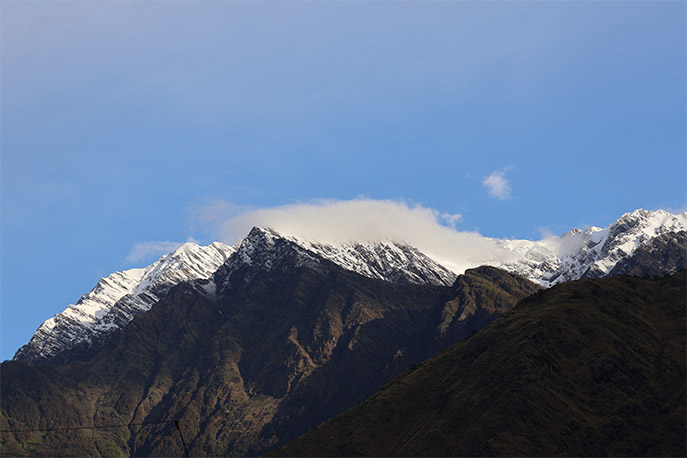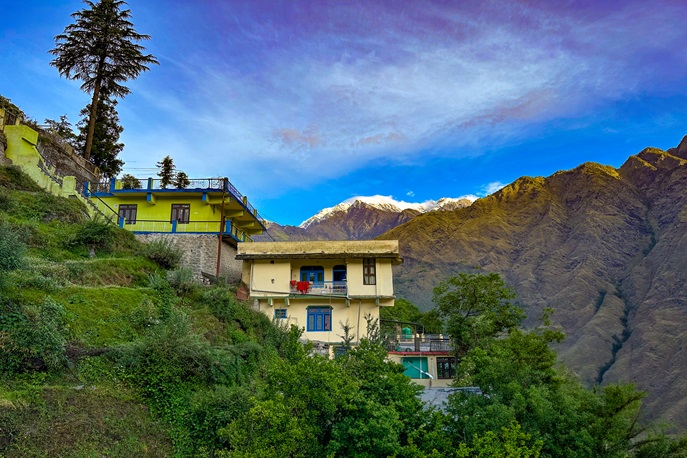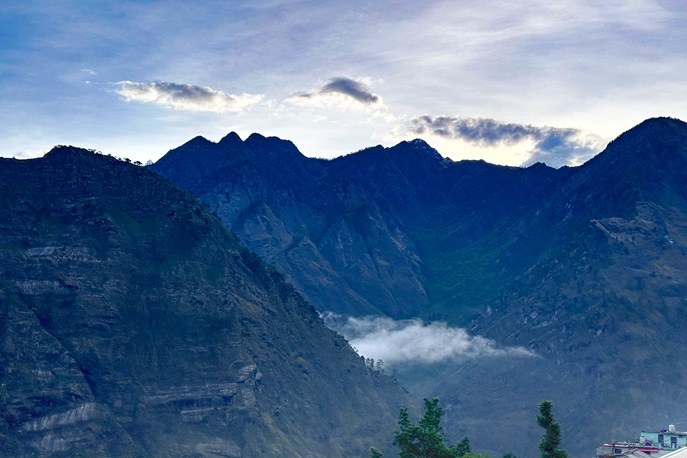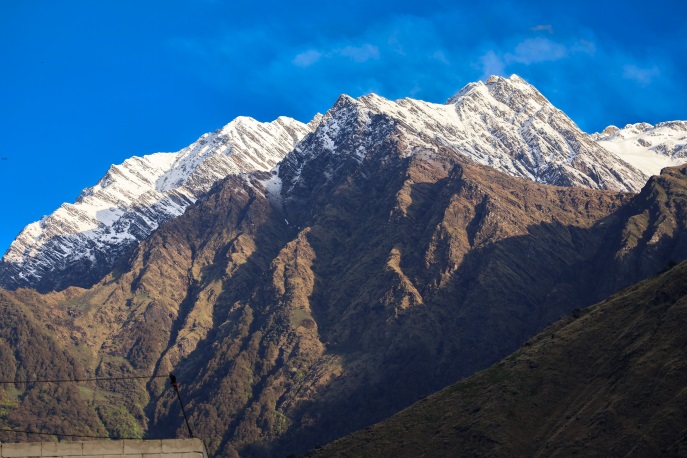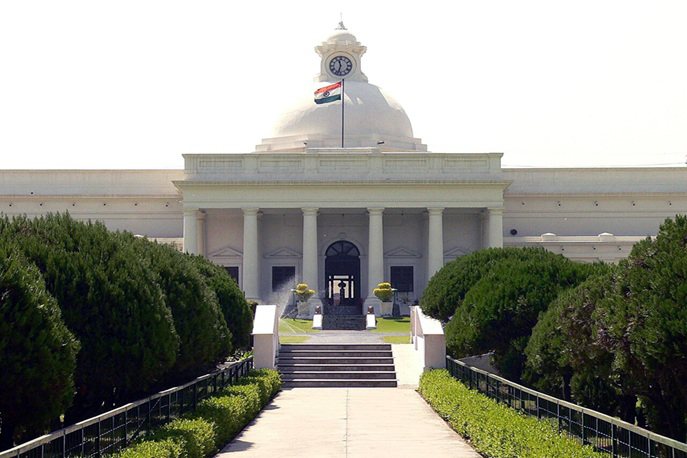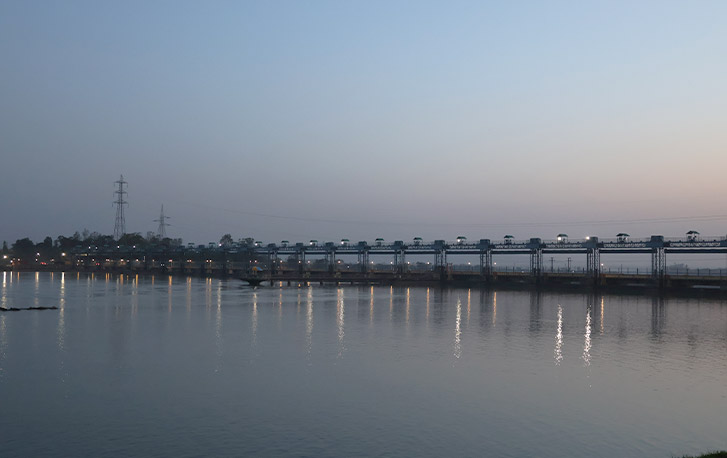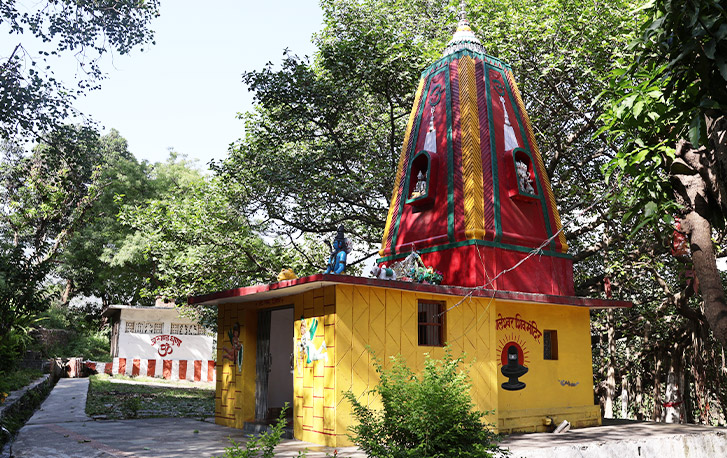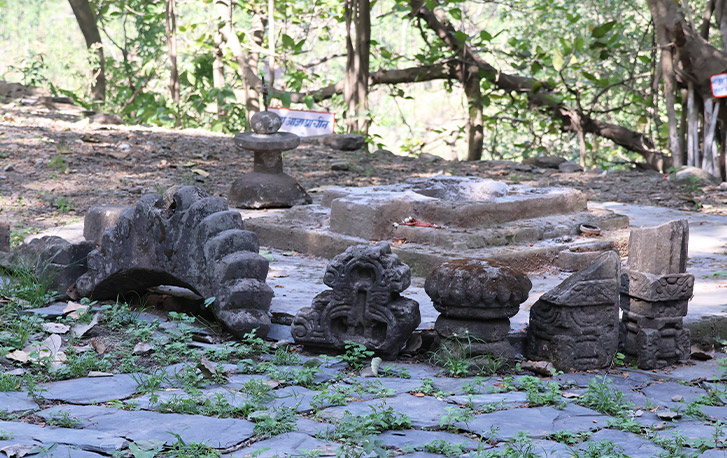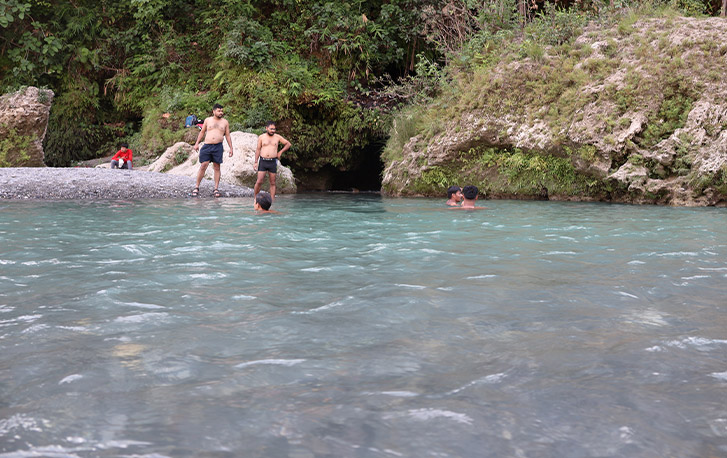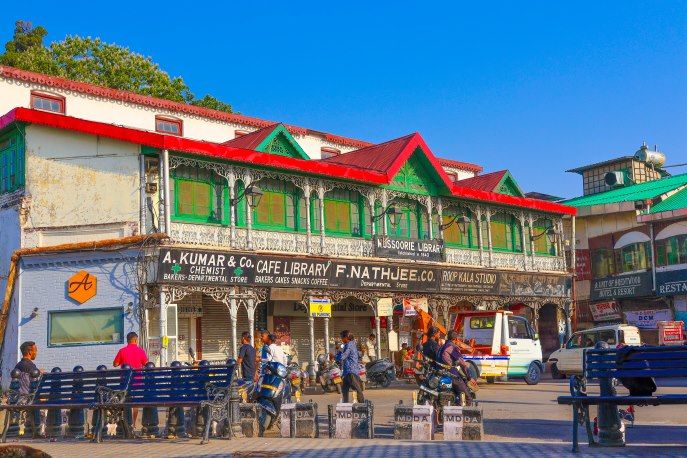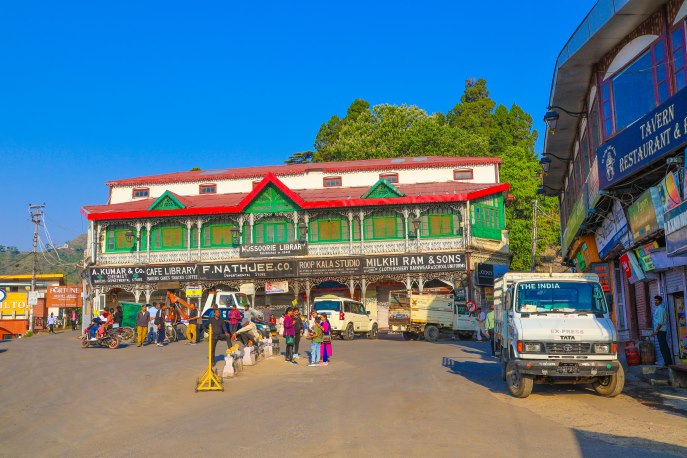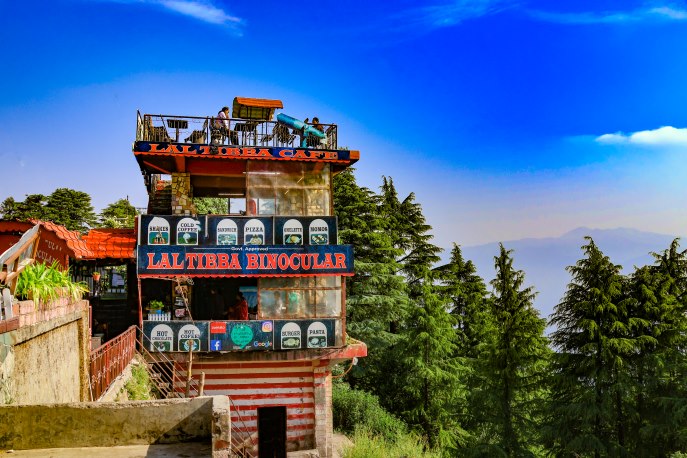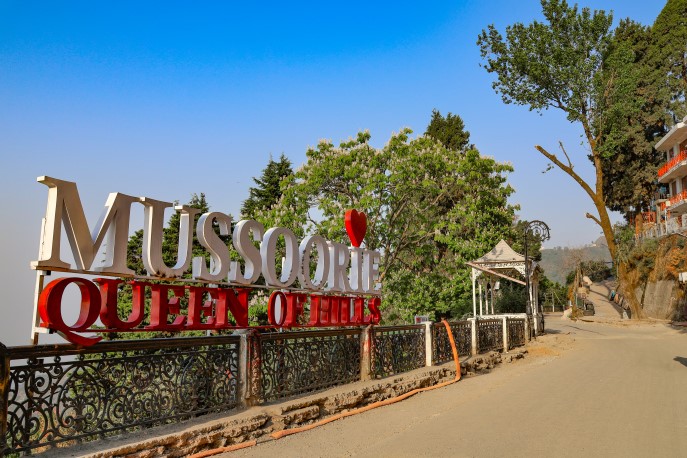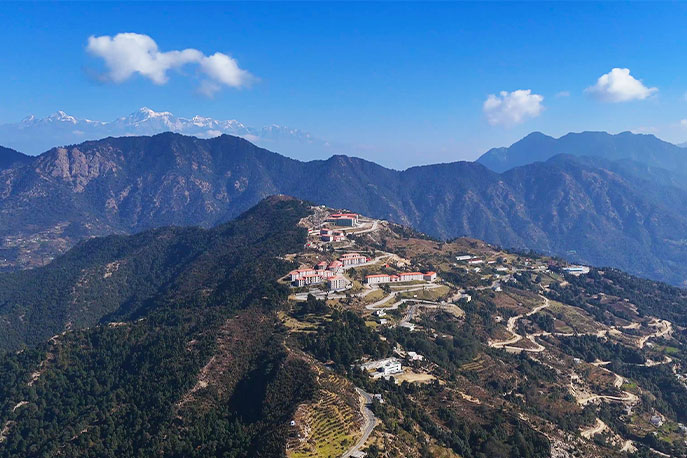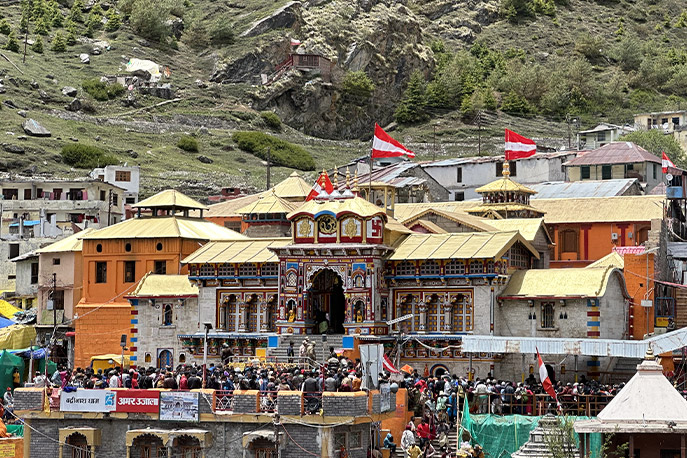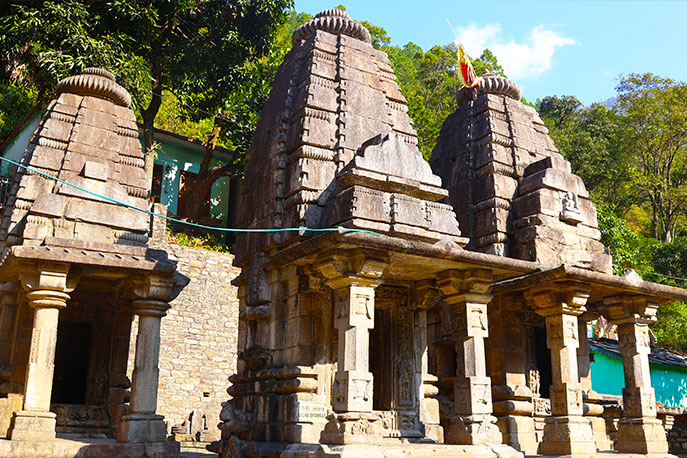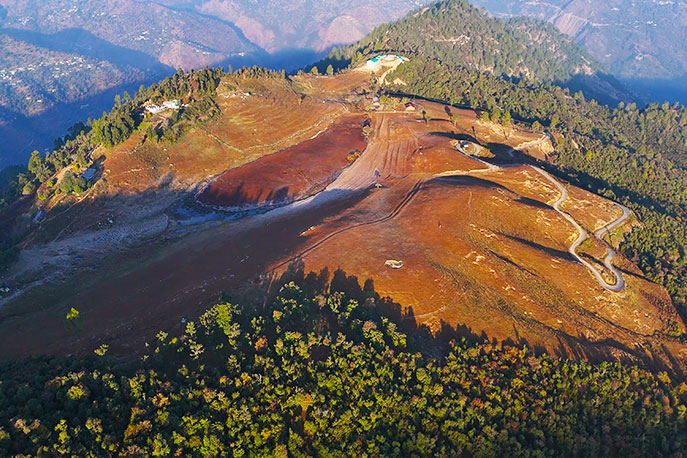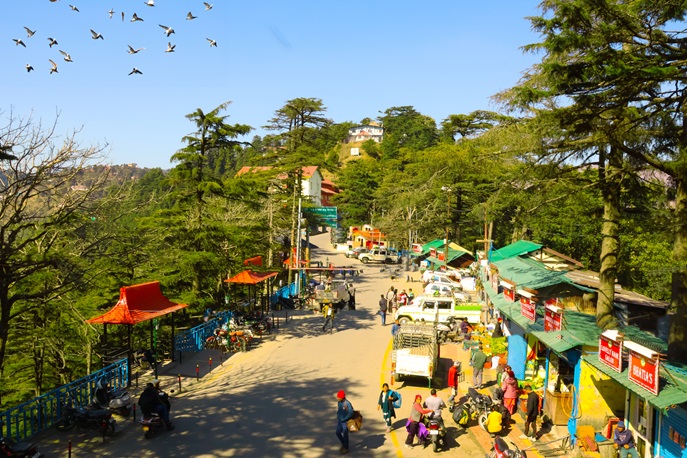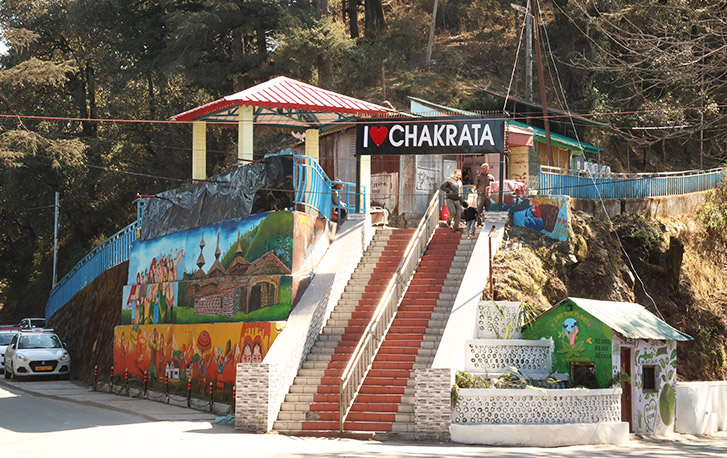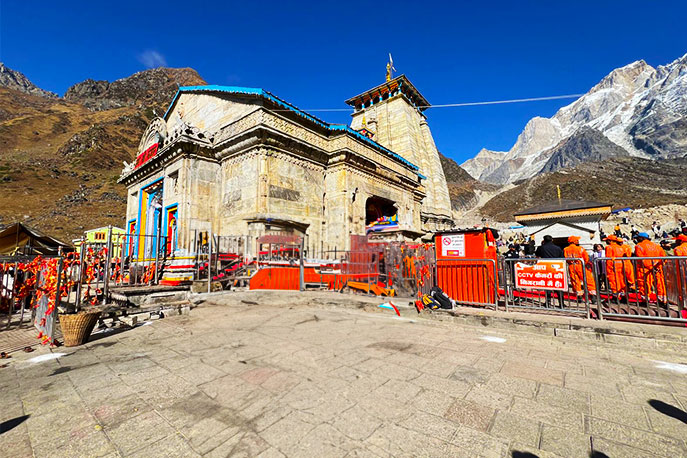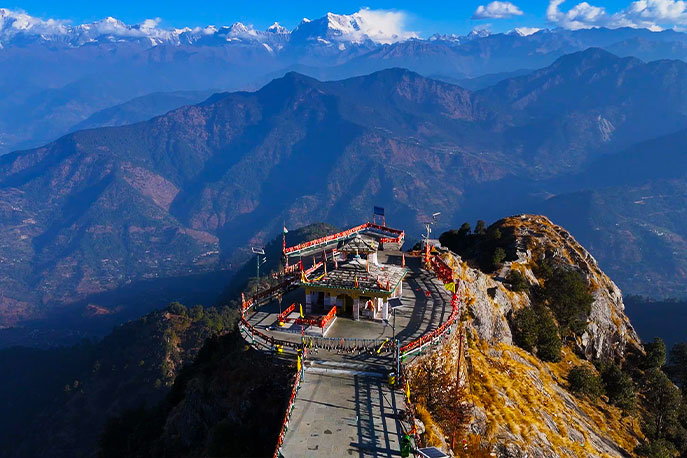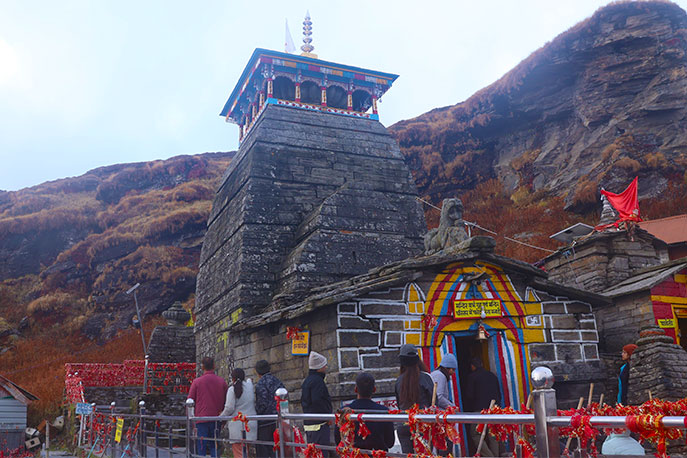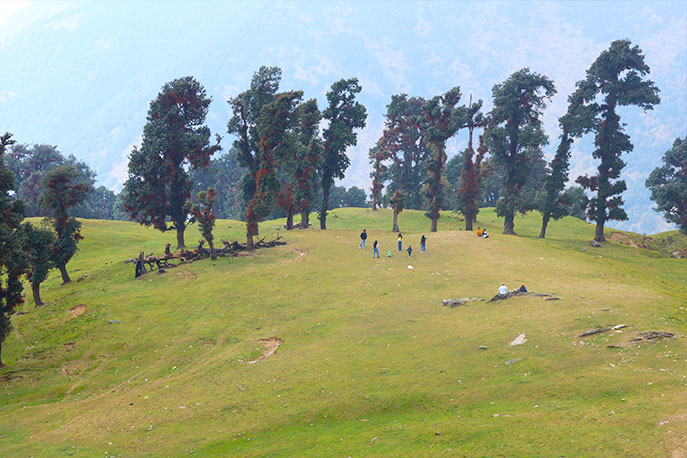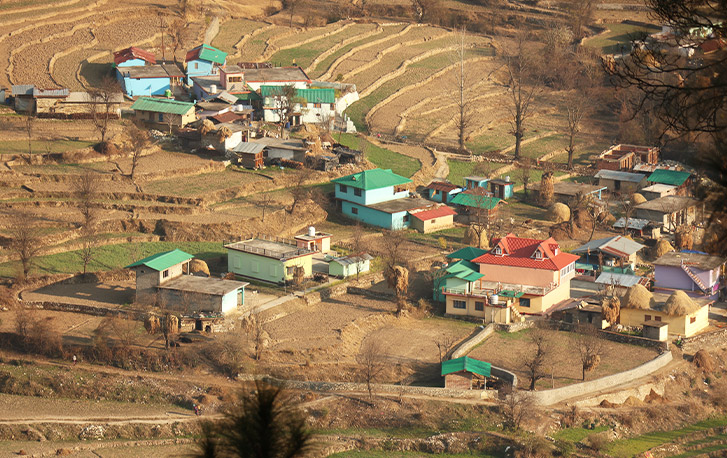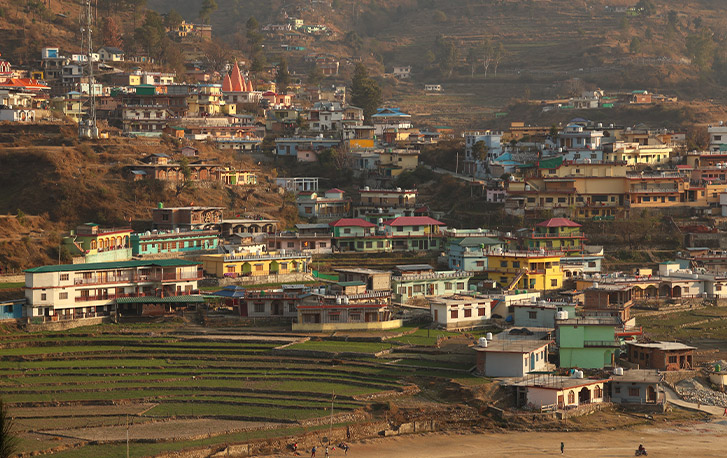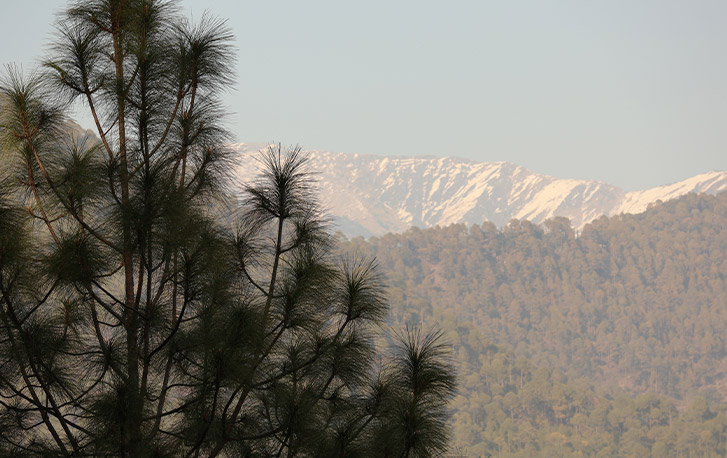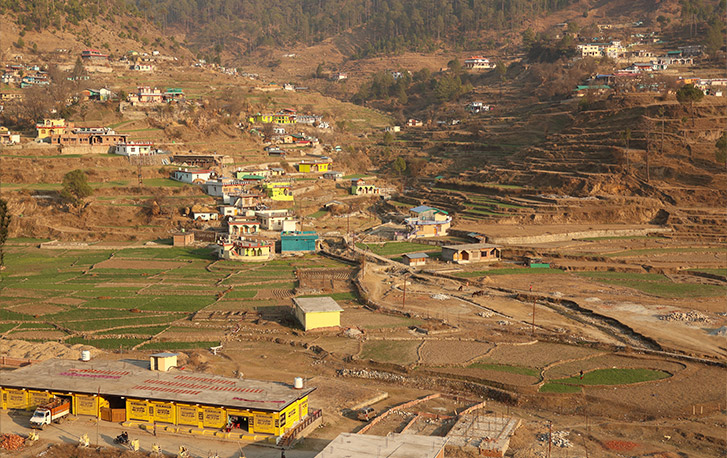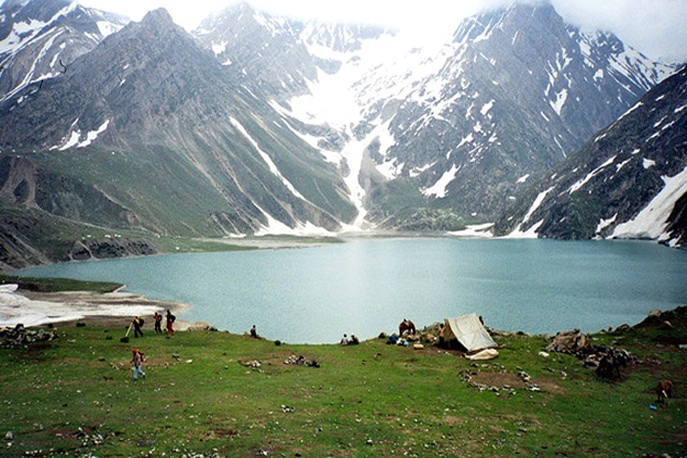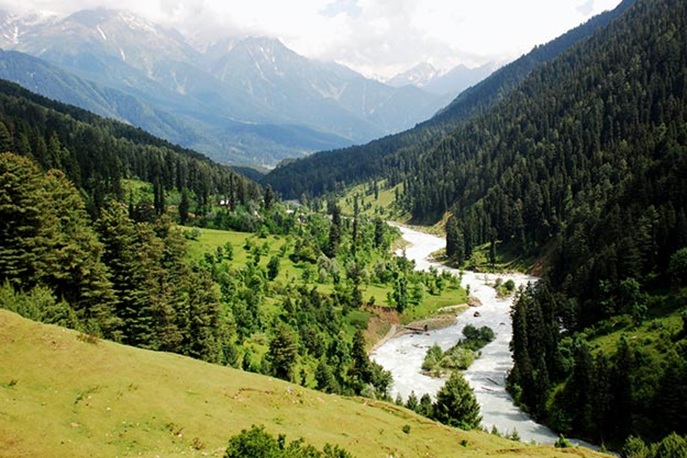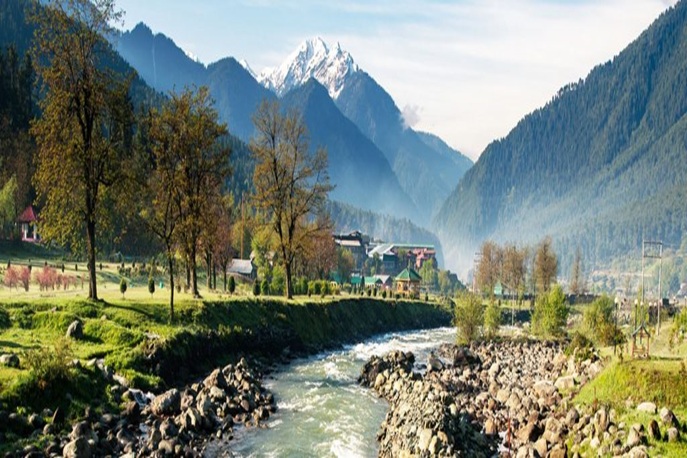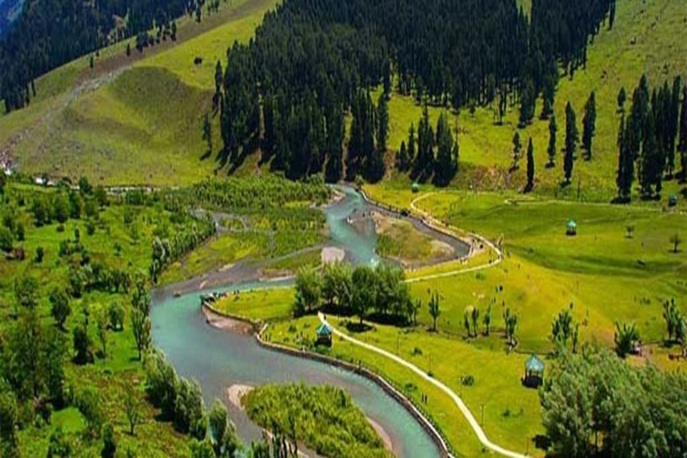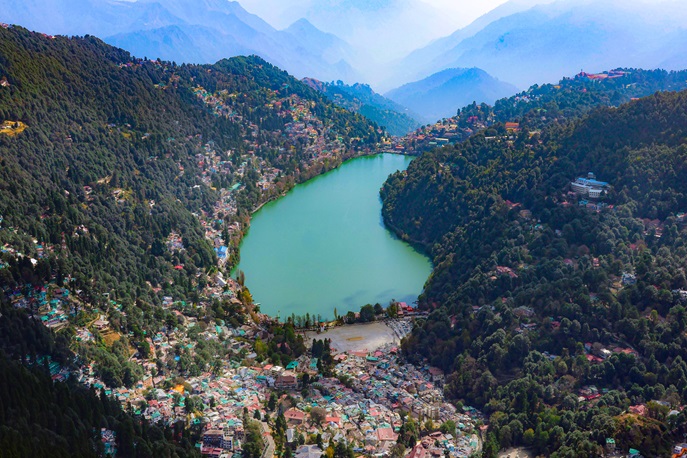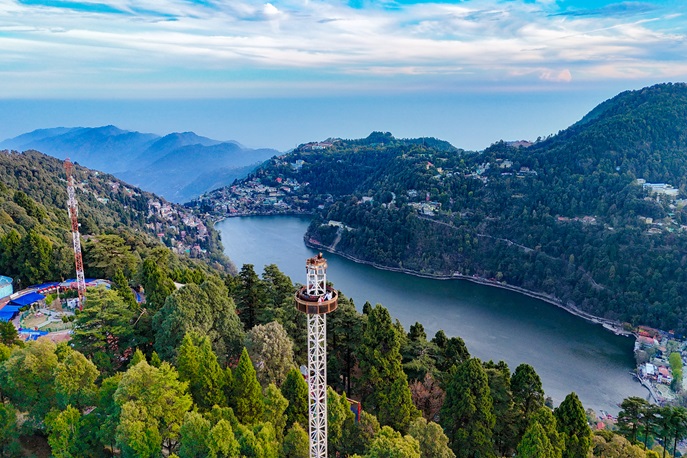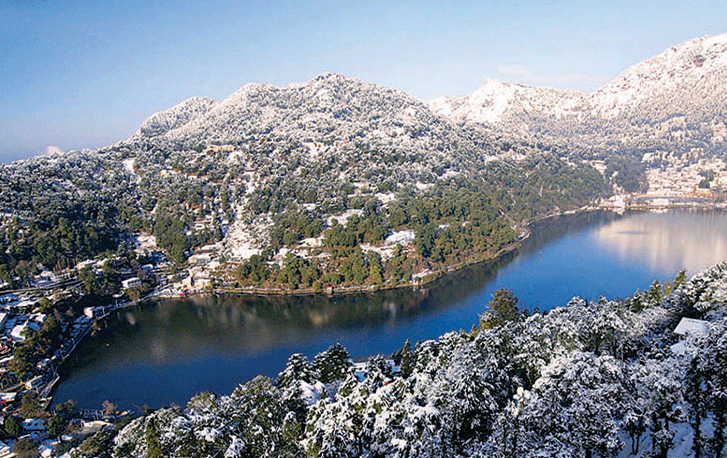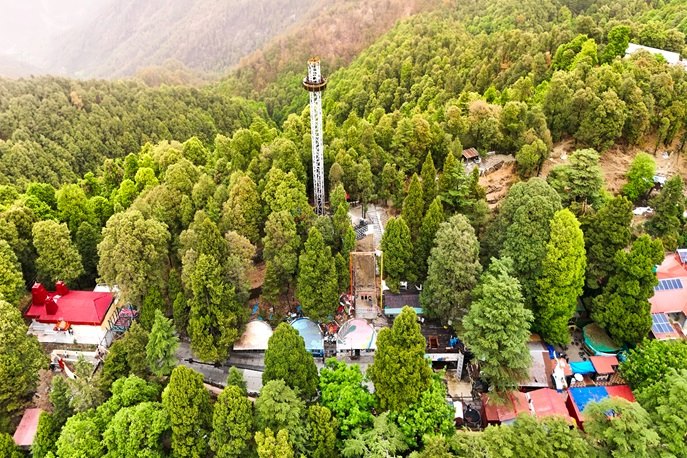Joshimath
About
Joshimath, which is also known as Jyotirmath, is situated in the Chamoli District of Uttarakhand. It is one of the sacred towns that is deeply rooted in Hindu Mythology. As per the mythology, Joshimath is one of the four mathas (monasteries) established by the Hindu revered guru Adi Shankaracharya Ji during the 8th century. This is why this place is known as Jyotirmath or Shankaracharya Monasteries. The other three monasteries that have been established by the guru are located in Puri (Odisha), Dwarka (Gujarat), and Shringeri (Karnataka).
Narsimha temple dedicated to the incarnation of Lord Vishnu is among the centre of attraction, which attracts a number of pilgrims from afar. Joshimath is home to several popular temples; including, Ganesh Temple, Nau Devi Temple, Gauri Shankar, and Hanuman Temple. Every year, a number of tourists visit these temples to offer their prayers and to seek deity blessings.
Apart from temples, the Kalpavriksha tree is one of the notable attractions of the town. It is to be believed that this tree is more than 1200 years old, which adds to the religious allure of the town. Being a spiritual site, Joshimath offers peace of mind to visitors, and its cool, fresh environment attracts many. Joshimath is the perfect blend of spirituality and natural beauty.
Govind ghat, a popular place among tourists just 26 km away from Joshimath city served as the gateway of the famous Valley of flowers trek (a heritage site of UNESCO). City also serves as the base station for Badrinath, which is just 40 km away. During Char Dham Yatra, Joshimath is filled with a number of pilgrims. Being closest to the Indo-Tibetan border, the Joshimath is home to important military cantonment in Uttarakhand. During 2013 floods it served as the base camp for relief operations.
The monasteries established by Adi Shankaracharya in Joshimath houses Badri Narayan Temple and Raj Rajeshwari devi temple. There is a sacred cave which is supposed to be used by the Adi guru during the 8th Century. The Narsingh Badri temple, located in the town, is also known as the winter seat of Badrinath and is one of the seven Badri. The idol of Badri Narayan transferred to Narsingh temple for the rest of the months until the portal of Badrinath reopened.
There are many beliefs that when the Jay and Vijay peaks the gatekeeper of Badrinath collapse, the route to Badrinath will close forever and will be the end of the Kali Yuga. With the onset of Satyuga, the Badri Narayan will be worshipped in the Bhavishya Badri which is located near Badrinath. Joshimath is also known for the longest ropeway in Asia, that connects Joshimath to Auli.
This cable car almost covers a distance of 4 km, which produces a scintillating view during the journey. Besides this, there are some other attractions in the town like Tapovan which produces natural hot water springs and visitors can also spot river Dhauliganga. Pilgrims and tourists can access this place by road by availing various services from Dehradun, Rishikesh, and Haridwar. The weather often remains cold in Joshimath that gives you a spine chilling cold experience.
How to Reach
Located 290 km from Dehradun, visitors may access this place easily by road. Bus and private cab services are readily available from major places like Dehradun ISBT, railway station, Rishikesh and Haridwar bus stand. The major railway station is located in Haridwar and Dehradun, at a distance of 270 and 291 km respectively, while the nearest airport is in Jolly Grant, which is 305 km away from Badrinath.
Best Time to Visit
April to November could be the ideal time to visit Joshimath. However, one must refrain from the monsoon season because it receives heavy rainfall, which result landslides and road blockage.
Height from Sea Level
It is located at a height of 1,875 m from sea level which is approximately 6,150 feet.
